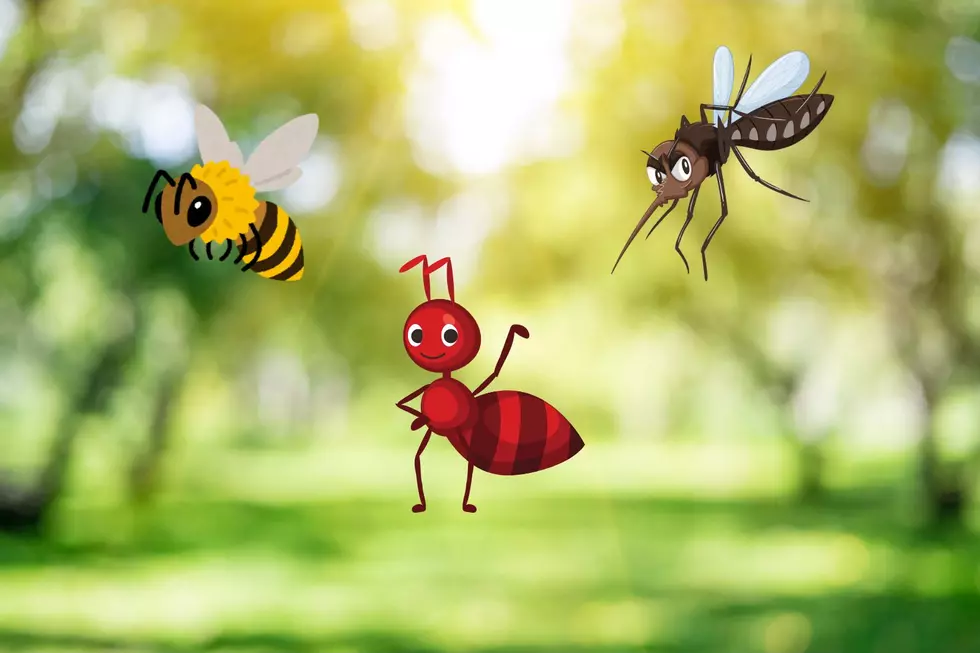
Your Odds of Getting Killed by a Shark and Other Shark Facts You Should Know
Did you know that you are 33 times more likely to be bitten by a dog or killed by icicles, a toaster, a toilet, or even vending machines?! That is just one of the facts about sharks that you should know. Here are more cool things you'll want to know:
Sharks are under attack and are decreasing in numbers each year. Experts estimate that about 100 million sharks are killed by people each year, mostly for their fins. Compare that to last year’s statistic of 5 fatal shark attacks worldwide WITH NONE OCCURRING IN THE U.S.
Here are a few of the most AWESOME facts about sharks:
• Sharks have been here over 400 million years. They’ve survived five mass extinctions including the last one 65 million years ago that killed off dinosaurs.
• Sharks are found all over the world and there are at least 250 different types. New Jersey’s most common shark is the inoffensive sand tiger shark which, by design, is highly unlikely to attack humans. Its teeth and jaw are such that it can only grasp small prey.
• Most sharks live in saltwater but some can live in freshwater. One of the most famous shark attacks of all time was by a bull shark and took place in New Jersey in 1916 in Matawan Creek. The event has not been repeated since.
• Sharks continuously grow new teeth. The skin in a shark’s mouth acts likes a conveyor belt moving new teeth forward. Some sharks grow and use up over 30,000 teeth in their lifetime!
• And speaking of shark’s teeth, if you’d like to add some to your collection, you need go no further than Poricy Park in Middletown, New Jersey, where you can easily find fossilized shark teeth approximately 72 million years old. Yes, back then, Middletown, and the rest of the Atlantic Coastal Plain for that matter, was a shallow ocean.
One final thought. Last year worldwide there were 81 reported shark attacks with five fatalities. Compare that to the United States Lifesaving Association’s national average of 100 deaths per year due to rip currents (plus the need for tens of thousands of rescues). So, what is more dangerous and more deadly – a rip current or a shark? No contest here, the rip current!
Despite the bad rap sharks often get, they are amazing creatures. In fact, we humans would be hard-pressed to get by without them.
Sharks literally keep our largest and most important ecosystem (the ocean!) healthy. Given our dependence on the ocean for such essentials as food, jobs, water, and air, much of our existence is dependent on theirs.
Reviled and feared by many, loved my some, and hunted by way too many, sharks are some of the most misunderstood creatures on Earth. The ocean ecosystem is made up of a vast pyramid of interconnected feeding relationships. Sharks are at the top. They prey on mid-size predatory fish which prevents those fish from becoming too populous and wiping out smaller fish.
Sharks also eat weak and sick fish. This prevents the spread of disease and strengthens the gene pool for each type of fish. Depletion of sharks would unbalance this intricate system and cause serious damage to coral reefs, sea grass beds, and even the fish we like to eat including tuna, scallops, and clams.
And for more information about rip currents and rip current safety, CLICK HERE!
More From 94.3 The Point









